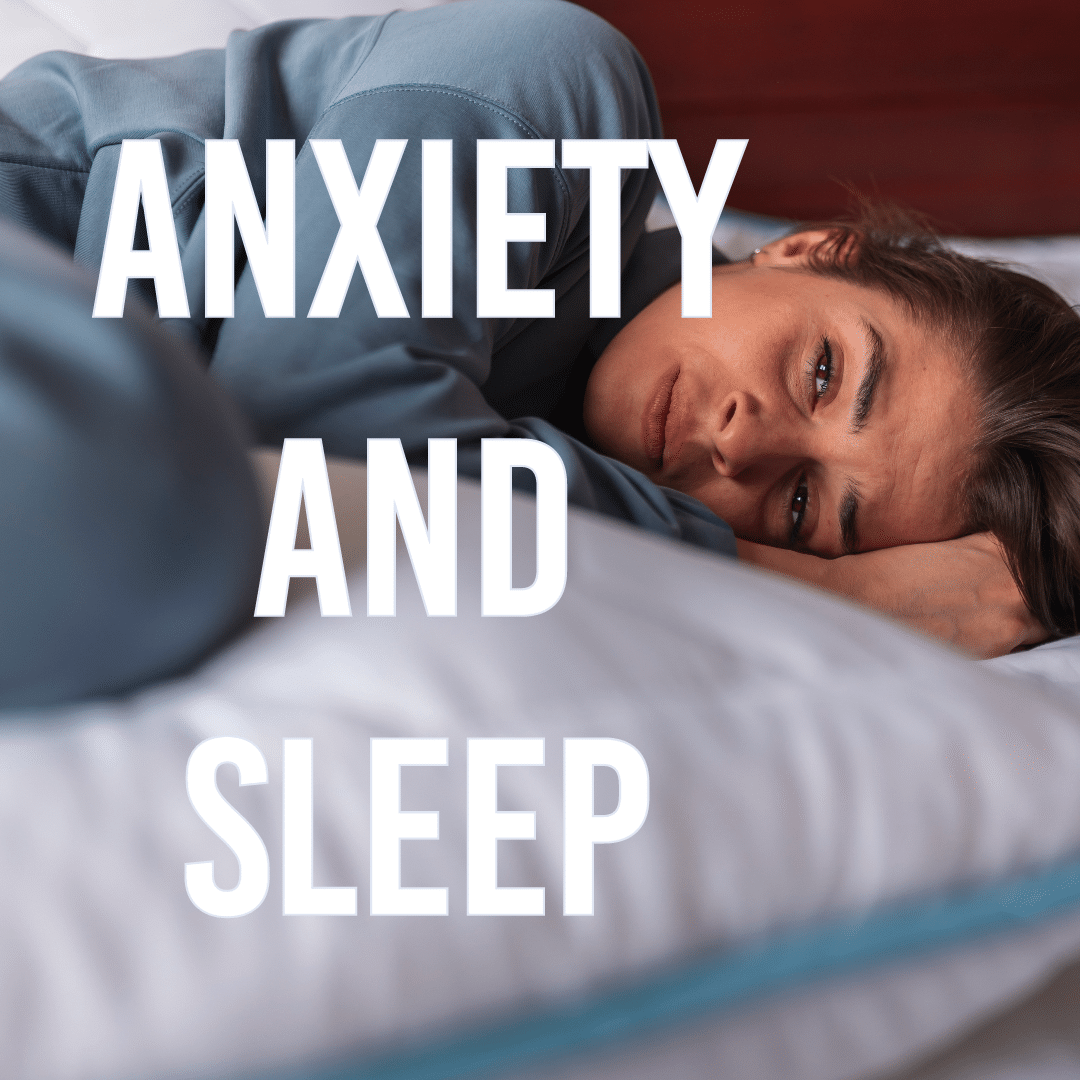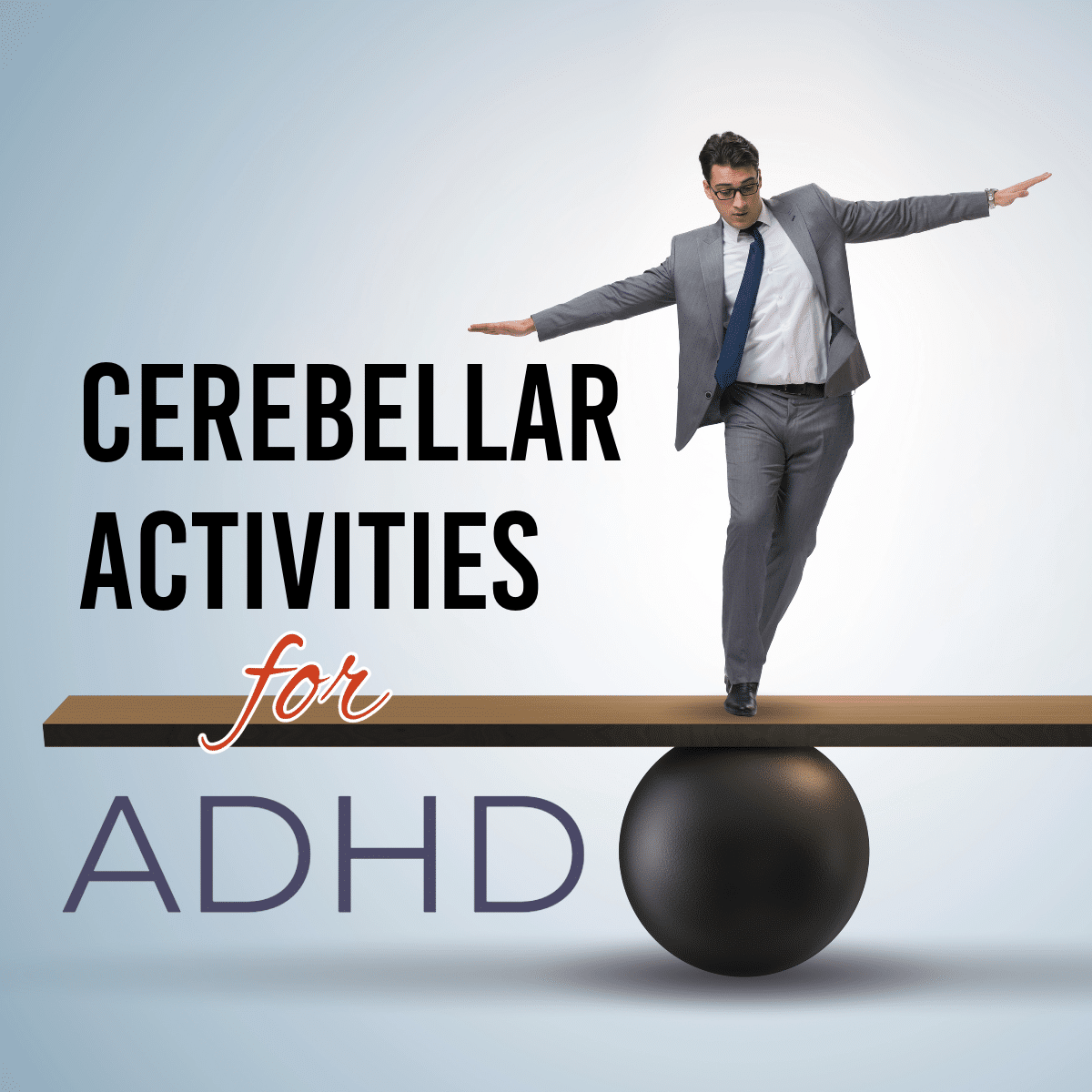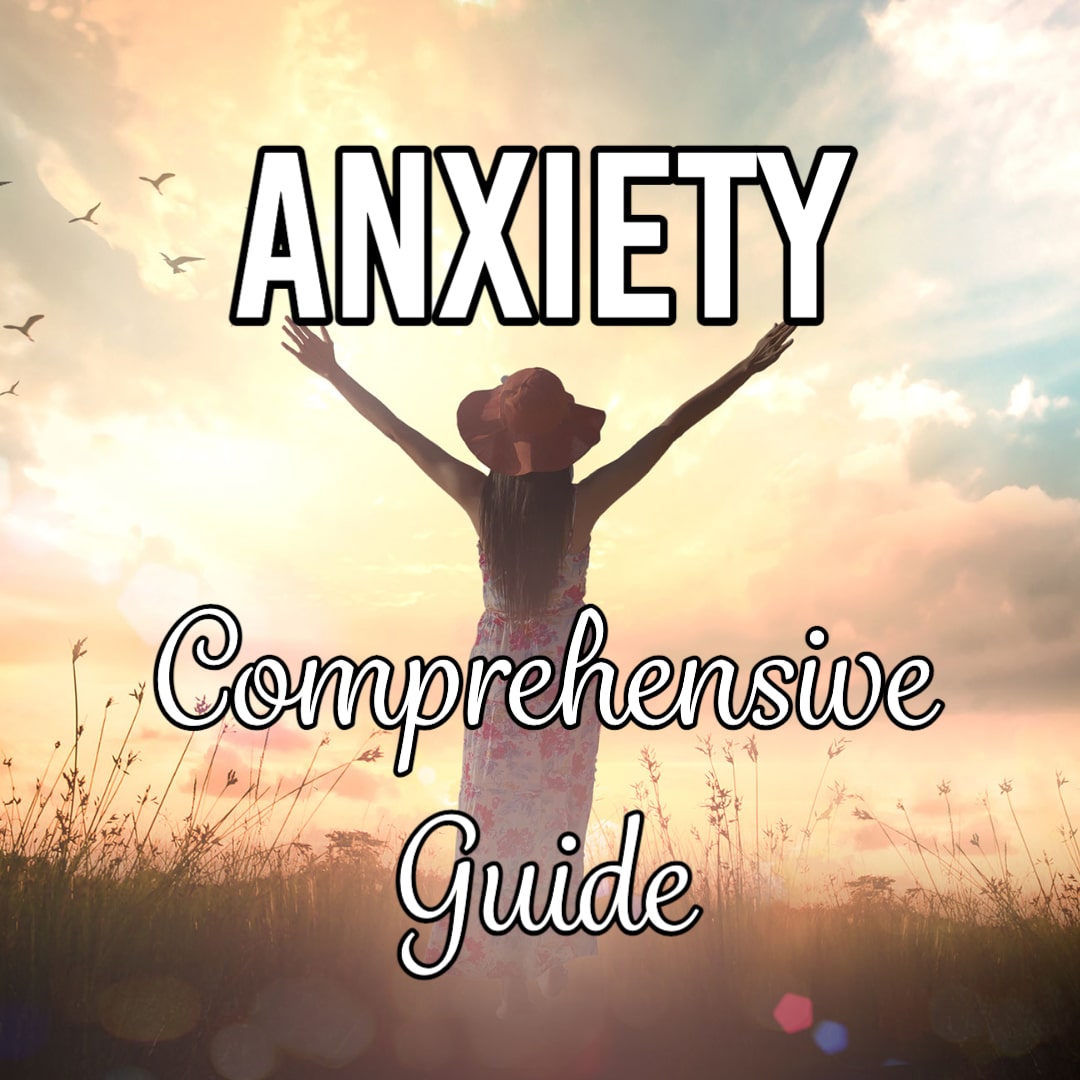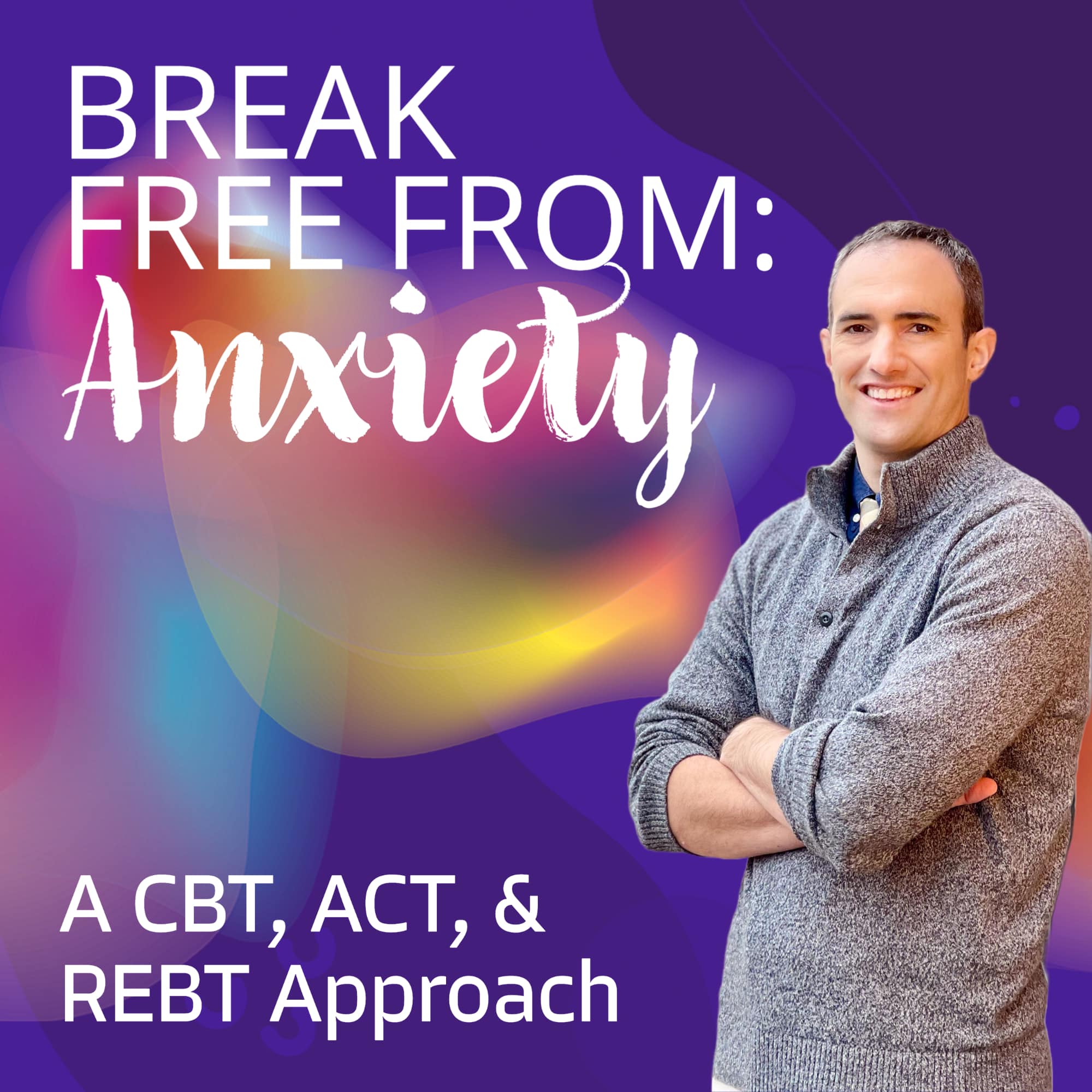Virtual reality (VR) is an immersive technology that allows users to experience a virtual world through a headset. VR headsets include goggles, glasses, and head mounted displays. They allow users to see, hear, and feel in a completely new way.
There are several ways that VR can help people with mental illness. One of the most common uses of VR is as a form of exposure therapy. This type of treatment has been shown to reduce symptoms of anxiety, depression, and post traumatic stress disorder (PTSD). With the assistance of a licensed therapist, you will be systematically presented with different scenarios. You will start off with the most comfortable scenarios and then process how you felt.
Using Virtual Reality to Overcome Specific Phobias
VR therapy could be an effective form of treatment for fear of heights. In fact, some studies show that virtual reality exposure therapy (VRET) is more effective than other treatments such as cognitive behavioral therapy (CBT), relaxation training, and medication (Rimer, 2021).
Virtual Reality for Social Anxiety
VR therapy has been shown to be an effective form of treatment for social phobia and social anxiety disorder. This type of therapy uses immersive technology to simulate real life situations. Exposure therapy works up two main principles:
-
Habituation: Over time, your reaction to feared objects or situations decrease.
-
Extinction: Exposure can help weaken previously learned associations between feared objects, activities or situations and bad outcomes.
Virtual reality therapy can also be used to treat post traumatic stress disorder (PTSD), which is characterized by flashbacks, nightmares, and other symptoms related to trauma. In virtual reality therapy, patients are exposed to stressful events through a headset while wearing headphones that play sounds and vibrations. They then learn how to cope with these situations without having to actually face them. This helps retrain the brain that these certain situations are neutral.
Virtual reality therapy has been proven effective at treating anxiety disorders such as OCD and panic attacks. Patients who suffer from these conditions often feel overwhelmed by thoughts and feelings that cause them distress. Virtual reality allows patients to confront these issues in a safe environment where they can practice coping skills until they become more comfortable facing real life situations.
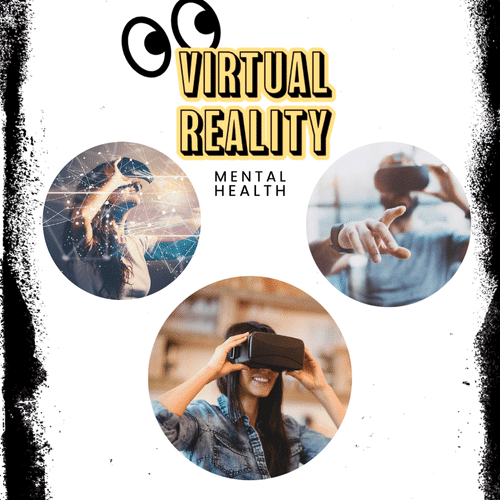

 Bruce Bassi
Bruce Bassi